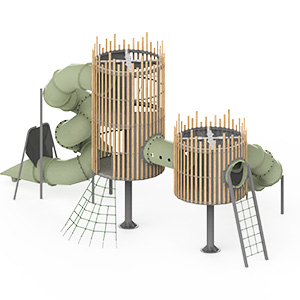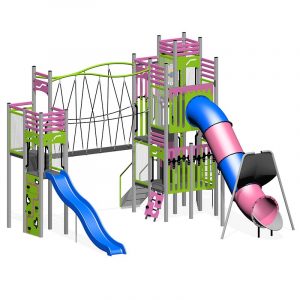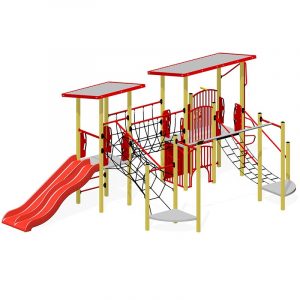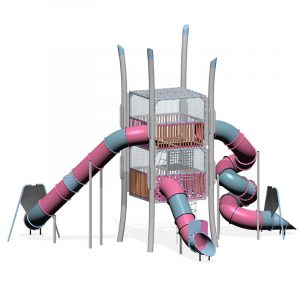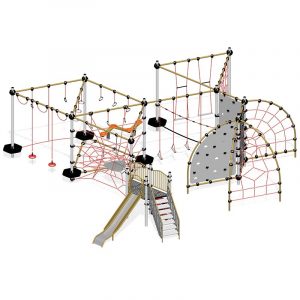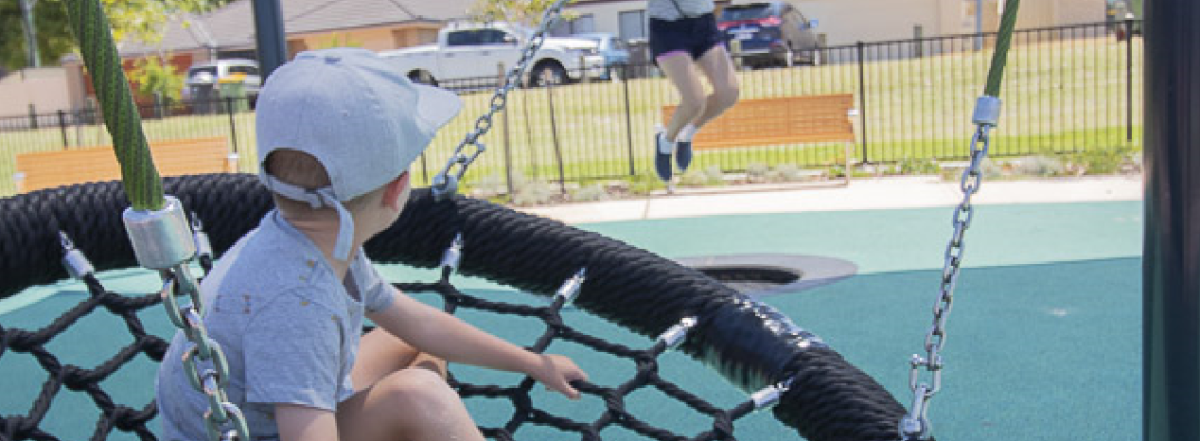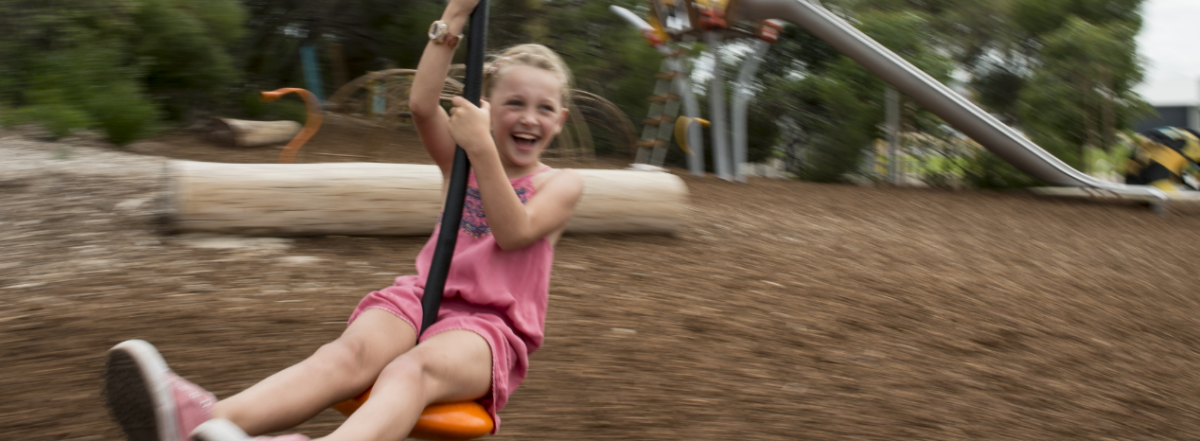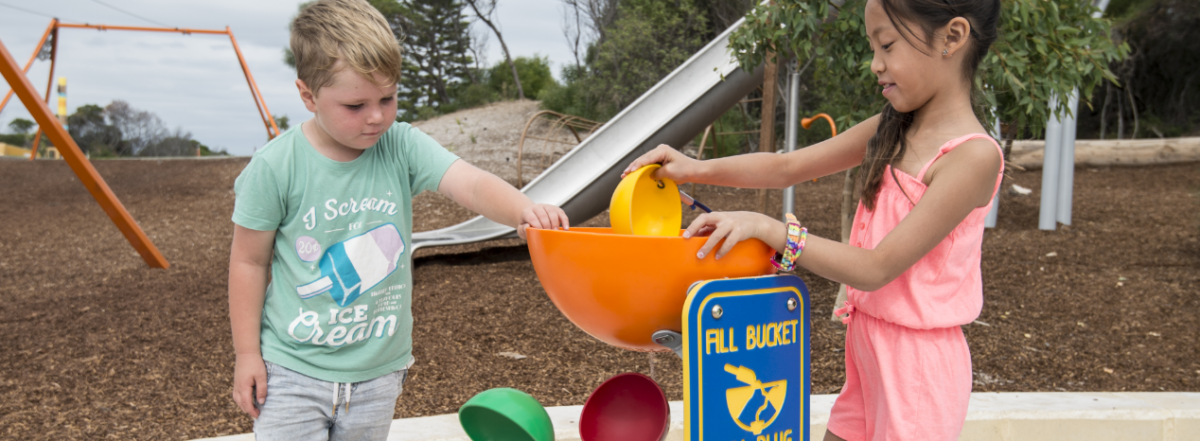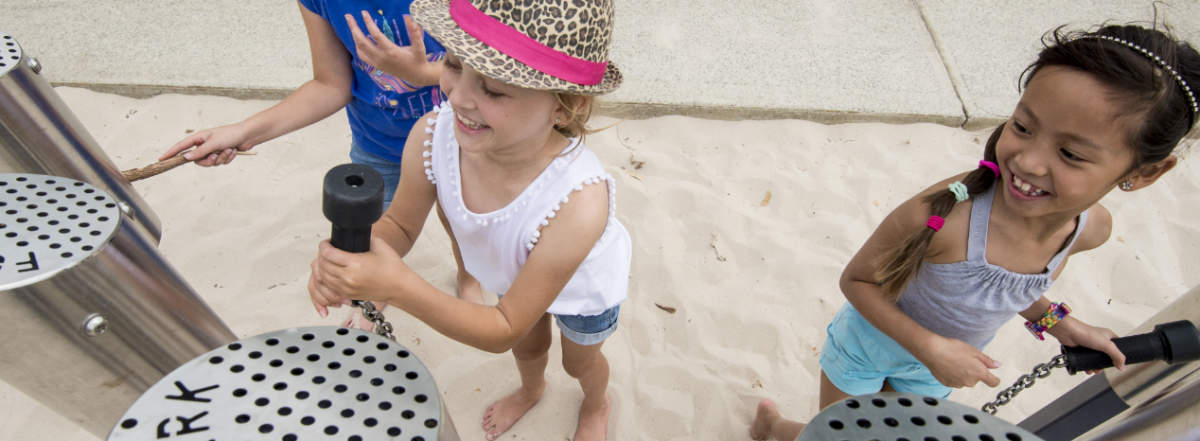What is sensory play?
Sensory integration plays and important part in the nervous system as it processes and organises the sensory information between the body and the brain.
Sensory play is a term used to define play that engages or develops a particular sense. Sensory development in children comes from the exploration of the 5 senses: touch, taste, smell, sight and hearing. Allowing children to use their senses helps them to understand how the world and their own body works. While the 5 senses are commonly known, there are two more senses that are important to a child’s development.
- Vestibular: the sense of balance and movement and can be developed with head and body movements such as swinging and sliding.
- Proprioceptive: the body’s ability to sense its own location, movement and actions such as climbing.
During childhood, the senses are all learning to talk to one another or “integrate”. It is vital that children get enough sensory input from each of them to develop an efficient and well-rounded central nervous system: it affects their brains just as much as their bodies.
Benefits of sensory play
Sensory development is very effective when done through play-based learning. A multi-sensory playground creates multiple activities and zones for children to explore and investigate in a fun, safe environment.
Sensory play activities are beneficial for children as they:
- Builds nerve connections in the brain
- Encourages the development of fine and gross motor skills
- Supports communication and language development
- Encourages problem-solving
- Encourages social development
- Increases spatial awareness
Sensory play has great benefits for all children but can be especially beneficial for children with additional needs. These can be developmental, sensory, physical learning or behavioural such as:
- Autism spectrum disorder
- Attention Deficit Hyperactivity Disorder (ADHD)
- Sensory Processing Disorder
- Cerebral Palsy
- Blindness
- Hearing impairment
Using sensory play equipment in your public park, early learning centre and school or community centre is easy with Forpark Australia. It can be as simple as including sensory items in your playground design, such as musical items, sand tables, interactive panels, swings and even the classic slide.
